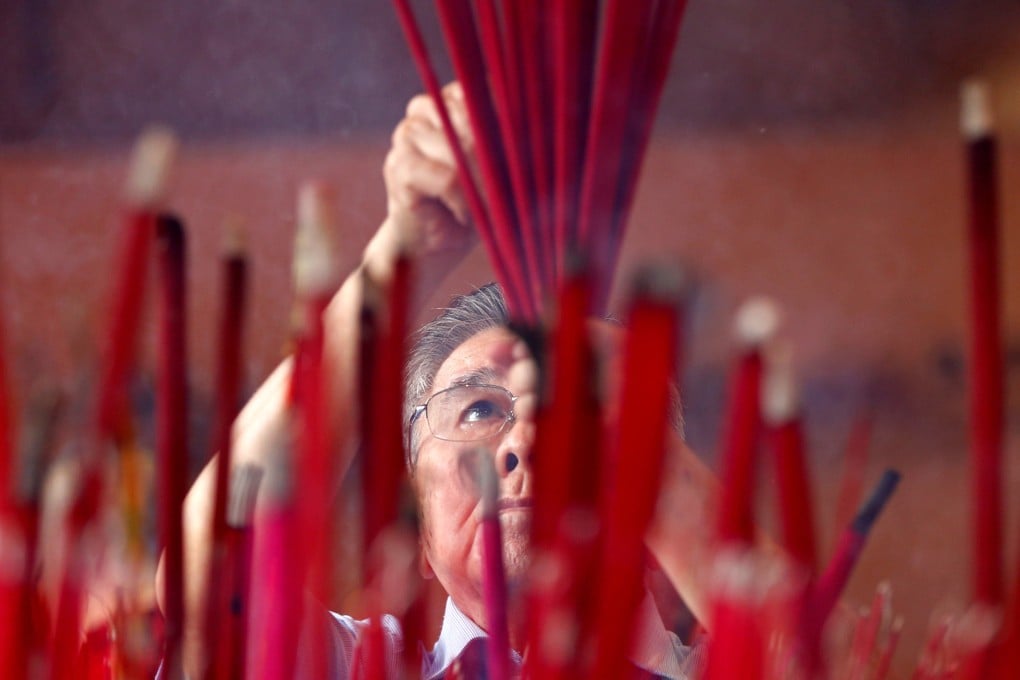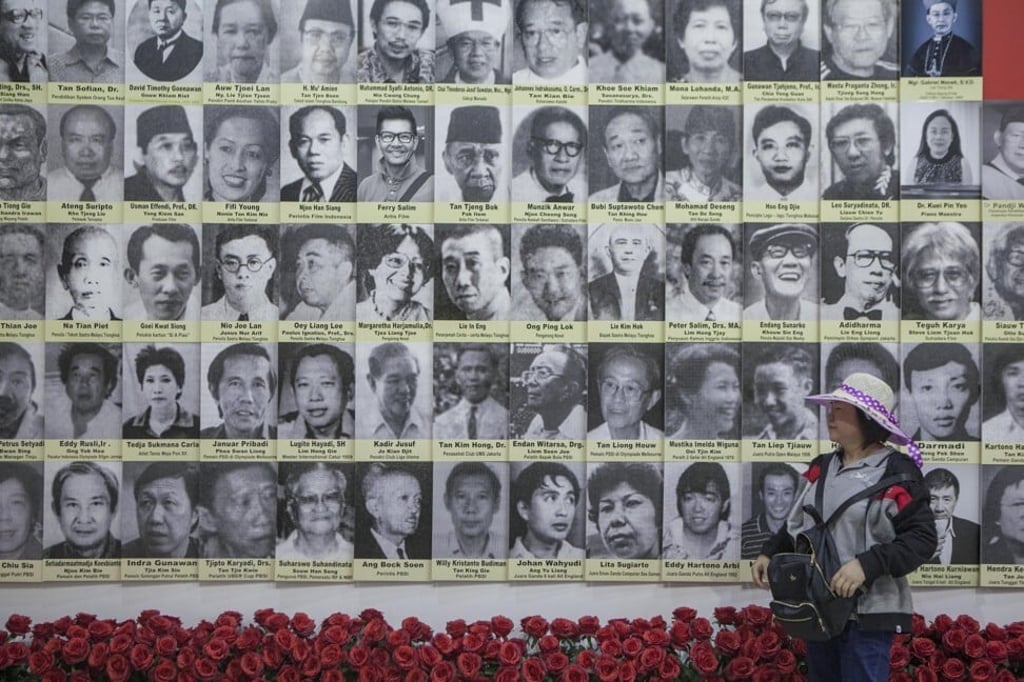‘Cina’ to ‘Tionghoa’: why do Indonesians use English to talk about the Chinese?
- Usage of ‘Tionghoa’ became official in 2014, but it needed a presidential decree amid considerable controversy to replace the derogatory former term
- But modern usage trends towards using the English word, a sign of an increasingly popular linguistic transition among the Indonesian middle class

It is not often that a language becomes the reason for a public debate. Yet this is what happened in Indonesia that year, following a plan to formalise the terms “Tiongkok”, for China, and “Tionghoa”, for Chinese, to replace the word “Cina” in Bahasa Indonesia.
But things took an unexpected turn as linguists debated whether the Indonesian language should bow to what many viewed as political correctness. It did not help that the government of China was also seen to be wading into the debate.
“The Chinese embassy in Jakarta tried to pressure both our government and media into abandoning the public use of the term ‘Cina’. Our media, with the exception of Tempo – which still uses ‘Cina’ or ‘China’ interchangeably today – in the end capitulated,” said Yos Wibisono, a language historian and former journalist at Radio Nederland.
